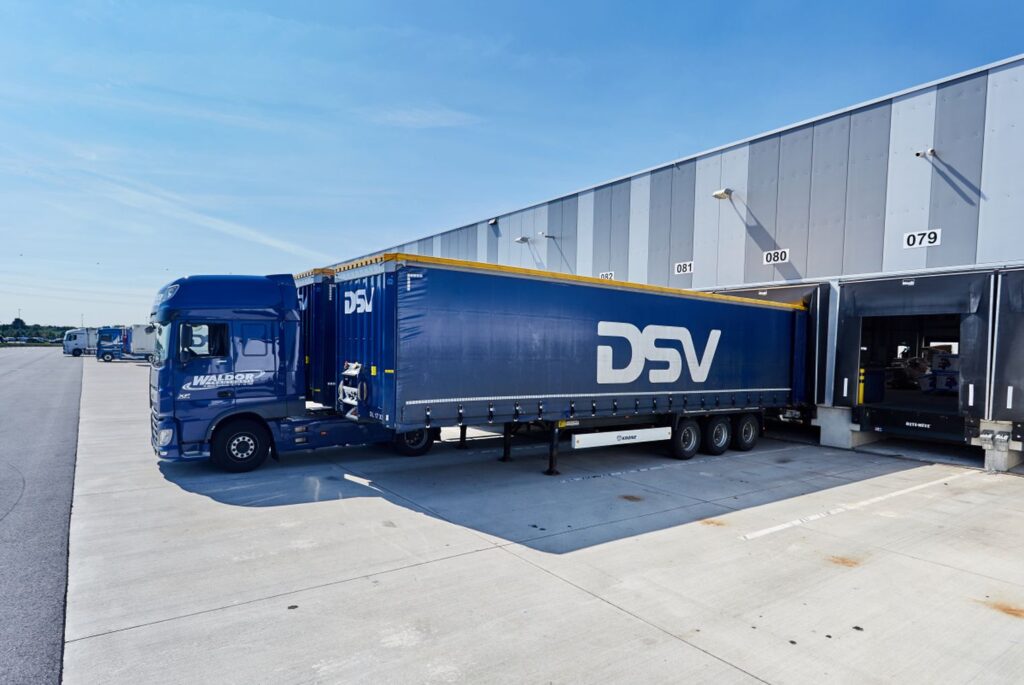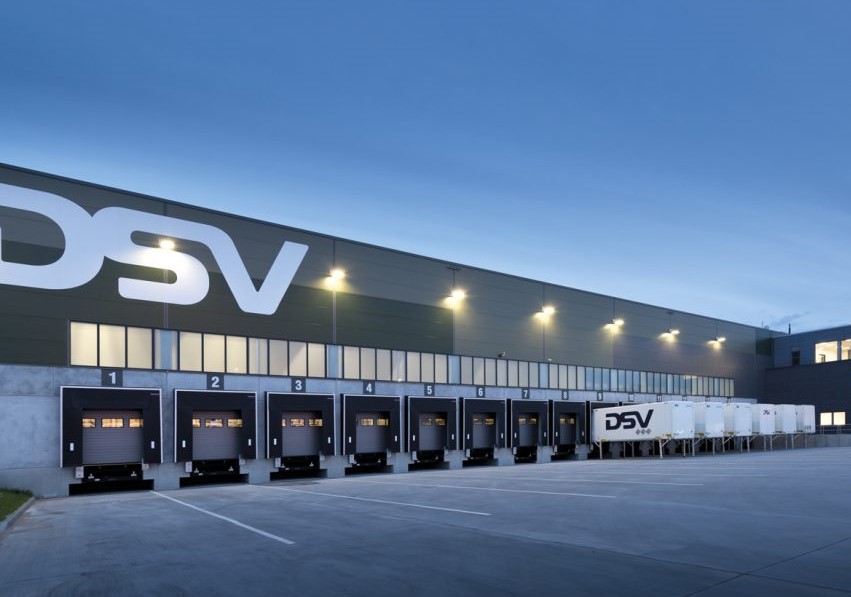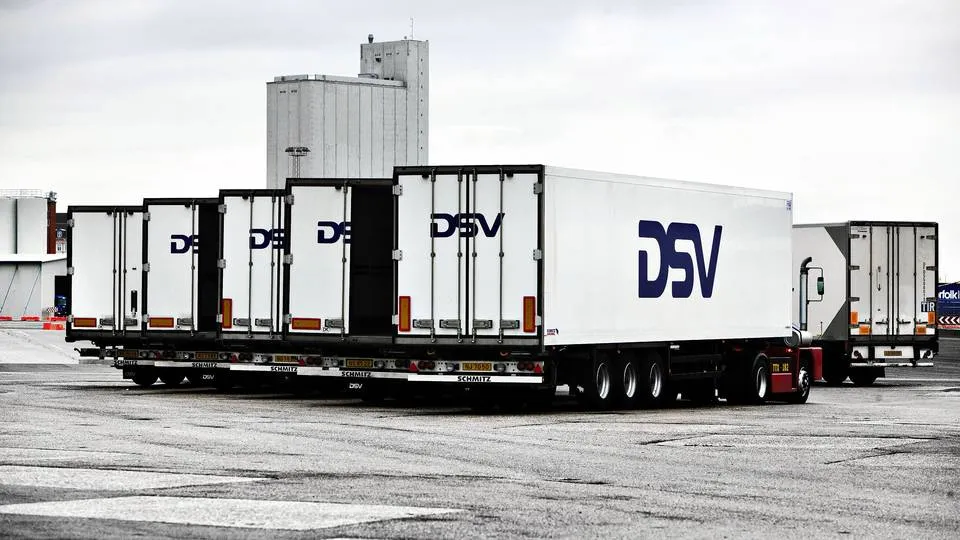DSV’s Ascent: From Danish Hauliers to Global Logistics Powerhouse

DSV’s Ascent: From Danish Hauliers to Global Logistics Powerhouse. In 1976, a group of ten independent Danish hauliers united under the name DSV—short for “De Sammensluttede Vognmænd af 13-7 1976 A/S”—with a shared vision to streamline transport services in Denmark. What began as a modest collaboration has, over nearly five decades, transformed into one of the world’s leading logistics companies, boasting operations in over 80 countries and a workforce exceeding 75,000 employees. DSV’s journey is marked by strategic acquisitions, a commitment to operational excellence, and an unwavering focus on customer-centric solutions.
Strategic Acquisitions: Building a Global Network
DSV’s growth strategy has been characterized by a series of calculated acquisitions aimed at expanding its global footprint and service offerings. In 2000, the acquisition of DFDS Dan Transport Group provided DSV with a significant presence in Scandinavia and the UK, along with a global logistics network. This was followed by the purchase of the Dutch Frans Maas Group in 2006, positioning DSV as a pan-European transport and logistics supplier. The acquisition of ABX LOGISTICS in 2008 marked DSV’s entry into the South American market.
A pivotal moment came in 2016 with the acquisition of UTi Worldwide Inc., a global supply chain services and logistics company, strengthening DSV’s presence in the US and Africa. In 2019, DSV joined forces with Panalpina Welttransport, becoming the world’s fourth-largest freight forwarding company. These strategic moves have been instrumental in DSV’s evolution into a global logistics powerhouse.

Operational Excellence and Customer-Centric Approach
At the core of DSV’s success is its commitment to operational excellence and a customer-centric approach. The company’s mission is to keep global supply chains flowing, ensuring reliable and efficient transport and logistics services by air, sea, road, and rail. DSV’s enterprise approach enables it to think and act as one company across divisions and functions, reducing complexity and standardizing processes to enhance efficiency and customer experience.
DSV’s strategy focuses on sustainable growth, aligning financial targets with environmental and social objectives to create value for customers, employees, shareholders, and society at large. The company’s commitment to sustainability is evident in its efforts to enable decarbonization across its value chain and in the transport and logistics sector.
Leadership and Organizational Culture
DSV’s leadership has played a crucial role in its growth trajectory. The company emphasizes a simple, transparent, and locally empowered organization with a high degree of ownership and accountability. Empowering employees to act quickly and decisively is essential to resolving evolving issues that impact customers’ supply chains and fostering a satisfying and exciting workplace.
In February 2024, Jens Lund took over as CEO, bringing a renewed focus on sustainable growth and operational excellence. Under his leadership, DSV continues to prioritize innovation, adaptability, and customer satisfaction.

Lessons for Aspiring Entrepreneurs
DSV’s journey offers valuable insights for entrepreneurs:
- Strategic Growth: Pursuing calculated acquisitions can significantly expand a company’s capabilities and market reach.
- Operational Efficiency: Standardizing processes and reducing complexity can enhance efficiency and customer satisfaction.
- Customer Focus: Prioritizing customer needs and delivering reliable services build trust and long-term relationships.
- Sustainability: Aligning business objectives with environmental and social goals can drive sustainable growth.
- Empowered Leadership: Fostering a culture of ownership and accountability empowers employees to drive innovation and respond effectively to challenges.
DSV’s transformation from a local Danish transport company to a global logistics leader underscores the importance of strategic planning, operational excellence, and a customer-centric approach. By embracing these principles, entrepreneurs can navigate the complexities of business growth and build resilient, successful enterprises.





